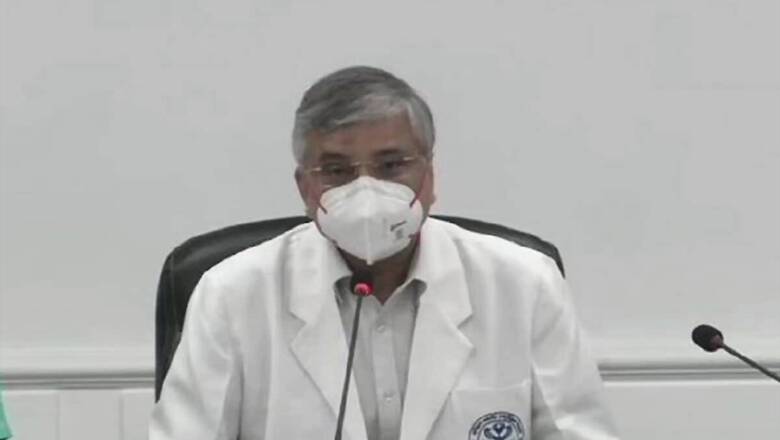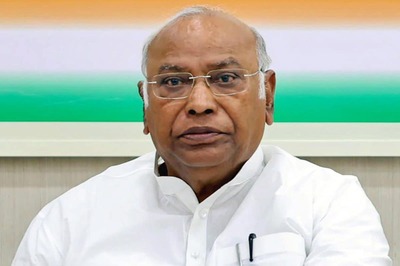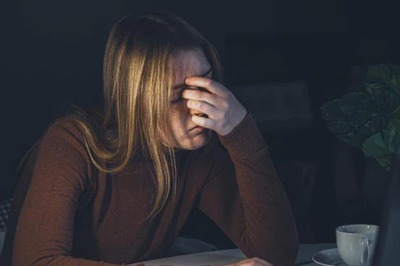
views
Some parts of India are witnessing a second wave of coronavirus cases, AIIMS Director Dr Randeep Guleria said. He added that the Covid-19 pandemic may also continue in 2021, as indicated by the trend in daily rise of cases.
In an interview with India Today, Dr Guleria said that the curve will flatten, and that the pandemic may end sometime early next year.
He said that there were many reasons for the resurgence in the number of cases, which include an increased testing capacity. Since more than one million tests are being held daily, more Covid-19 cases will be detected.
Another factor lending to a second wave of Covid-19 cases in some areas is “Covid behaviour fatigue", Dr Guleria was quoted as saying. People are now tired of taking safety measures, and in Delhi, they can be seen without masks, and gathering in crowds, he said. This has led to an increase in the number of Covid-19 cases.
Dr Guleria also said that there will be a rise in the number of cases for some months before the curve is flattened, adding that although we will see a large number of cases in absolute numbers, per million cases will be low.
As for the vaccines, the AIIMS director said that they may take a few more months to develop. Universal vaccination, he said, will take time as dosages will have to be manufactured in billions and distributed the world over.
The Delhi Metro is set to resume operations from Monday amid a reported “second wave" of Covid-19 cases in the national capital. Bars and pubs in the city will reopen from September 9.
The doctor held the view that as long as measures such as physical distancing, wearing masks and sanitising one’s hands were followed, the risk of catching infection will be low. However, packed metro trains without proper measures will cause a problem. As Delhi is set to open bars and pubs, Dr Guleria feels that patrons visiting them must be very careful and must follow proper physical distancing.




















Comments
0 comment